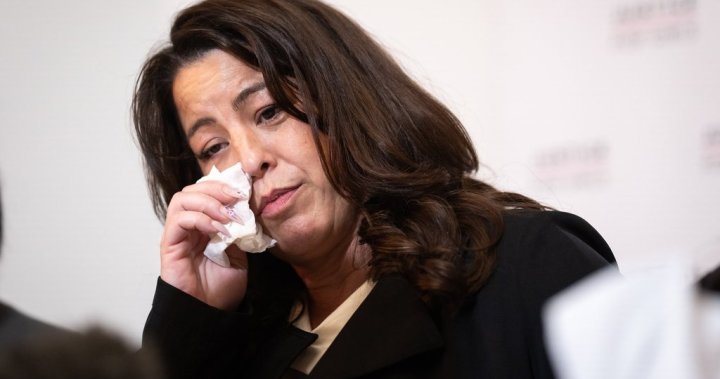British Columbia’s chief coroner, Dr. Jatinder Baidwan, has ordered the reopening of the investigation into the death of 20-year-old Indigenous woman Tatyanna Harrison, alongside the initiation of a formal inquest. This decision follows new forensic evidence challenging the original cause of death and comes after sustained advocacy from Harrison’s family, Indigenous rights organizations, and other advocacy groups. Harrison was last seen in Vancouver’s Downtown Eastside in March 2022, reported missing in May 2022, and her body was later discovered in a yacht in Richmond, BC. The coroner’s order aims to address concerns regarding investigative delays and systemic issues related to cases involving missing and murdered Indigenous women.
Background of the Case
Tatyanna Harrison, a 20-year-old Indigenous woman, was last seen in March 2022 in Vancouver’s Downtown Eastside, an area known for its social challenges and marginalized populations. Despite efforts to locate her, she was reported missing in May 2022. Several months later, her body was discovered on a yacht docked in Richmond, British Columbia, prompting initial investigations into the cause and circumstances of her death.
Initial Investigation and Contested Findings
The original investigation concluded with a cause of death that has since been called into question. Recent forensic analyses introduced new evidence that challenges the earlier findings, highlighting potential oversights and gaps in the initial inquiry. These developments have raised concerns among Harrison’s family and community advocates about the thoroughness and sensitivity of the police response to her disappearance and death.
Advocacy and Community Response
Harrison’s death became a focal point for Indigenous rights organizations and advocacy groups dedicated to addressing systemic issues affecting missing and murdered Indigenous women in Canada. These groups have consistently called for greater transparency, accountability, and culturally informed investigative practices. The renewed attention and pressure from these advocates played a significant role in prompting the chief coroner’s decision to reopen the case and initiate a formal inquest.
Chief Coroner’s Order and Its Implications
Dr. Jatinder Baidwan’s directive to reopen the investigation and convene a formal inquest aims to provide a comprehensive and independent review of all aspects surrounding Harrison’s death. The inquest will scrutinize investigative procedures, explore systemic challenges related to Indigenous cases, and strive to deliver clarity and justice for Harrison’s family.
This move reflects broader concerns within British Columbia regarding delays and disparities in how cases involving Indigenous women are handled and underscores the commitment to improving investigative standards and community trust.
Next Steps and Community Impact
- The formal inquest is expected to gather testimony from law enforcement, forensic experts, and community representatives.
- Recommendations arising from the inquest may influence future protocols on investigations involving Indigenous individuals.
- Advocates hope the process will foster meaningful reforms to prevent similar cases of investigative shortcomings in the future.
As the inquiry progresses, stakeholders emphasize the importance of maintaining transparency and continuing to address the deeply rooted issues contributing to violence against Indigenous women in Canada.
The reopening of the investigation into Tatyanna Harrison’s death and the initiation of a formal inquest mark significant steps toward addressing the unresolved questions and systemic challenges present in cases involving missing and murdered Indigenous women in British Columbia. By scrutinizing the original findings and investigative procedures, the inquest aims to provide clarity and justice for Harrison’s family while highlighting the need for improved, culturally sensitive approaches to such cases. The involvement of community advocates and experts throughout the process underscores a collective commitment to reforming investigative practices, enhancing transparency, and preventing future oversights. As this inquiry unfolds, it may serve as a catalyst for wider changes aimed at protecting Indigenous women and restoring public trust in the justice system.

